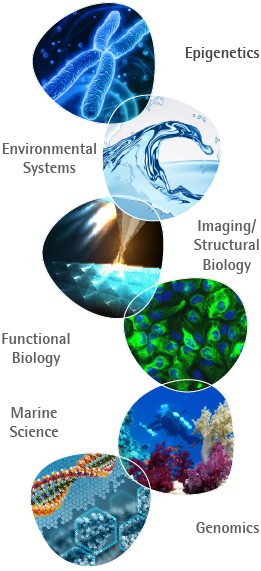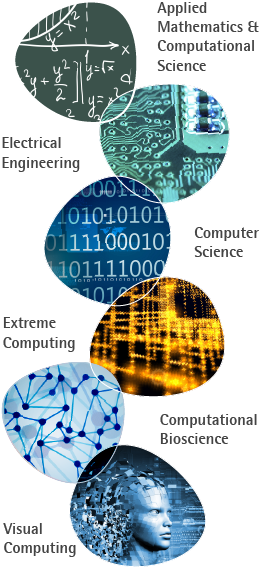Biological and Environmental Science and Engineering Division (BESE)

The BESE Division at KAUST is dedicated to advancing the understanding and management of marine, terrestrial and human biology to ensure food, water and soil security within healthy communities. Research in the BESE Division is grounded in fundamental discovery and guided by an impact-driven approach to tackle some of the world’s most pressing biological and environmental challenges.
- Cell and Developmental Biology
- Epigenetics, Genomics and Genetics
- Biophysics and Biochemistry
- Microbiology, Biodiversity and Ecology
- Sustainable Water Use
- Synthetic Biology and Bioengineering



